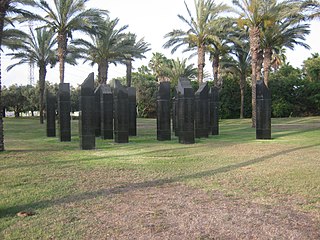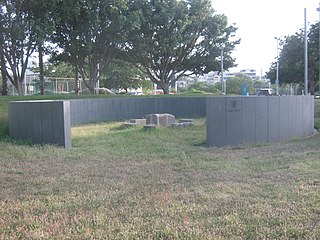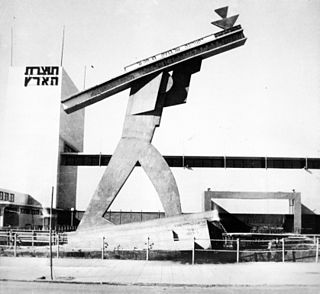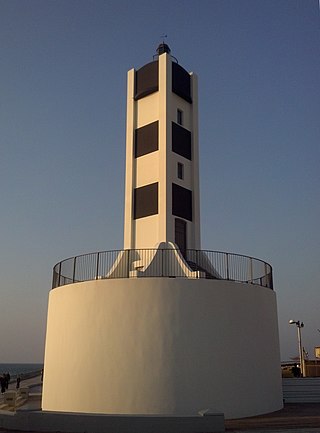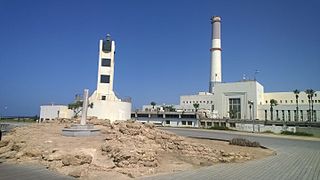Self-guided Sightseeing Tour #3 in Tel Aviv, Israel
Legend
Guided Free Walking Tours
Book free guided walking tours in Tel Aviv.
Guided Sightseeing Tours
Book guided sightseeing tours and activities in Tel Aviv.
Tour Facts
1.8 km
17 m
Experience Tel Aviv in Israel in a whole new way with our free self-guided sightseeing tour. This site not only offers you practical information and insider tips, but also a rich variety of activities and sights you shouldn't miss. Whether you love art and culture, want to explore historical sites or simply want to experience the vibrant atmosphere of a lively city - you'll find everything you need for your personal adventure here.
Activities in Tel AvivIndividual Sights in Tel AvivSight 1: Gan HaBanim
The Boys' Garden is a memorial site in Tel Aviv's Yarkon Park. The monuments in the park commemorate the names of the city's residents who fell in Israel's wars – 4,199 in number.
Sight 2: Terror Victim's Park
The Garden of the Martyrs of Terror is a memorial site in Tel Aviv's Yarkon Park. The monument in the garden commemorates the names of the city's residents who were killed in hostilities as well as the names of those killed in hostilities within the boundaries of Tel Aviv. It commemorates the names of about 750 fallen soldiers.
Sight 3: Hebrew Worker Monument
"The Hebrew Worker" is a sculpture by the Israeli artist and architect Arie Elhanani in the 1930s.
Sight 4: Yarkon River Mouth Lighthouse
Reading Light, also known as Tell Qudadi Light, HaYarkon Light, Auja Light and Tel Aviv Light, is an inactive lighthouse in Tel Aviv, Israel. It is located near the beach on the north side of the Yarkon River estuary, on the foot of the Tel Aviv south breakwater, next to the Tel Aviv Port and the Levant Fair buildings area. It takes its name from the Reading Power Station.
Sight 5: Tel Kudadi
Tell Qudadi, also known as Tell esh-Shuna is an ancient site located near the mouth of the Yarkon River and Reading Power Station in the city of Tel Aviv, Israel. It was discovered in 1934 by Jacob Ory and was excavated first by P. L. O. Guy in 1937 and then by Eleazar Sukenik, Shmuel Yeivin and Nahman Avigad in 1937-1938. These revealed a fortress dated to the Iron Age, which the excavators believed was an Israelite fortress built in the 10th or 9th centuries BCE and destroyed by the Neo-Assyrian Empire in the 8th century BCE.
Share
How likely are you to recommend us?
Disclaimer Please be aware of your surroundings and do not enter private property. We are not liable for any damages that occur during the tours.
GPX-Download For navigation apps and GPS devices you can download the tour as a GPX file.
